A BOOK OF THE WINTER
Compiled by EDITH SITWELL

TO ALICE BOUVERIE
Contents
It was during the Godless Month, on a beautiful winter night, as I was leaving the Palace I saw a certain young courtier, who, when I told him I was driving out to spend the night at the Dainagans, said that my way was his and joined me. The road passed my ladys house and here it was that he alighted, saying that he had an engagement which he should have been sorry not to fulfil. The wall was half in ruins and through the gap I saw the shadowy waters of the lake. It would not have been easy (for even the moonbeams seemed to loiter here!) to hasten past so lovely a place, and when he left his coach, I left mine. At once this man (whom I now knew to be that other lover whose existence I had guessed) went and sat unconcernedly on the bamboo sheeting and began to gaze at the moon. The chrysanthemums were just in full bloom, the bright fallen leaves were trembling and falling in the wind.
It was indeed a scene of wonderful beauty that met our eyes. Presently he took a flute out of the folds of his dress, and began to play upon it. Then putting the flute aside, he began to murmur Sweet is the shade and other catches. Soon a pleasant-sounding native zithern began to tune up somewhere within the house and an ingenuous accompaniment was fitted to his careless warblings. Her zither was tuned to the autumn-mode, and she played with so much tenderness and feeling that though the music came from behind closed shutters it sounded quite modern and passionate, and well accorded with the soft beauty of the moonlight. The courtier was ravished, and as he stepped forward to place himself right under her window, he turned to me and remarked in a self-satisfied voice, that among the fallen leaves no other footsteps had left its mark.
Then plucking a chrysanthemum he sang Strange that the music of your lute, These matchless flowers and all the beauty of the night Have lured no other feet to linger at your door. The Tale of Genji, by LADY MURASAKI. Translated from the Japanese by Arthur Waley.
Hast thou entered into the treasures of the snow? or hast thou seen the treasures of the hail, Which I have reserved against the time of trouble, against the day of battle and war? By what way is the light parted, which scattereth the east wind upon the earth? Who hath divided a water-course for the overflowing of waters, or a way for the lightning of thunder; To cause it to rain on the earth, where no man is; on the wilderness, wherein there is no man; To satisfy the desolate and waste ground; and to cause the bud of the tender herb to spring forth? Hath the rain a father? or who hath begotten the drops of dew? Out of whose womb came the ice? and the hoary frost of heaven, who hath gendered it? The waters are hid as with a stone, and the face of the deep is frozen. Canst thou bind the sweet influences of Pleiades, or loose the bands of Orion? Canst thou bring forth Mazzaroth in his season? or canst thou guide Arcturus with his sons?
The Book of Job.
The sound of her silk skirt has stopped.
On the marble pavement dust grows. The empty room is cold and still. Fallen leaves are piled against the doors. Longing for that lovely lady How can I bring my aching heart to rest? EMPEROR WU-TI (157-87). Translated from the Chinese by Arthur Waley.
My bed is so empty that I keep on waking up; As the cold increases, the night wind begins to blow.
It rustles those curtains, making a noise like the sea. Oh that those were waves which could carry me back to you. EMPEROR CHIEN WN-TI (6th century). Translated from the Chinese by Arthur Waley.
..... ..... .....
JOHN DRYDEN, Astraea Redux. B
oh, oh, Nurse, my love is slaine, I saw him goe Oer the white Alpes alone. JOHN DONNE,
Elegie XVI. On his Mistris.
I sayled not without great fear into the Ice, and I observed that the Ice was violently cast against the Rockes by force of the winds, and so made a mournfull sound afarre off, as if miserable
bowlings were heard there. Hereupon the Islanders thinke the soules of the damned are tormented in this Ice.
DITHMAR BLEFKINS, Purchas his Pilgrimes, XIII.
Since thou hast viewed some Gorgon, and art grown A solid stone: To bring again to softness thy hard heart Is past my art. Ice may relent to water in a thaw; But stone made flesh Loves Chymistry nere saw. Therefore, by thinking on thy hardness, I Will petrify; And so within our double Quarryes Wombe, Dig our Loves Tombe. Thus strangely will our differences agree; And, with our selves, amaze the world, to see How both Revenge and Sympathy consent To make two Rocks each others Monument.
My Lute awake! perfourme the last Labor that thou and I shall wast, And end that I have now begon; For when this song is song and past, My lute, be still, for I have done.
My Lute awake! perfourme the last Labor that thou and I shall wast, And end that I have now begon; For when this song is song and past, My lute, be still, for I have done.
As to be herd where ere is none, As lede to grave in marbill stone, My song may perse her hert as songe: Should we then sing, or sigh, or mone? No! no! my lute! for I have done. The Rokkes do not so cruelly Repulse the waves continually As she my suyte, and affection; So that I am past remedy, Whereby my lute and I have done. ..... Vengeance shall fall on thy disdaine That makest but game of ernest pain; Thinck not alone under the sonne Unquyt to cause thy lovers playn, All tho my lute and I have done. Perchaunce the lye wethered and old The winter nyghts that are so cold Playning in vain unto the moone; Thy wishes then dare not be told; Care then who lyst, for I have done. And then may chaunce the to repent The tyme that thou hast lost and spent To cause thy lovers sigh and swone, Then shalt thou know beaultie but lent, And wisshe and want as I have done.
Now cease, my lute: this is the last Labor that thou and I shalt wast, And ended is that we begon: Now is this song both song and past, My lute be still, for I have done. SIR THOMAS WYATT.
Innumerable Beauties, thou white haire Spredde forth like to a Region of the Aire, Curld like a sea, and like Etheriall fire Dost from thy vitall principles aspire To bee the highest Element of faire, From thy proud heights, thou so commandst desire That when it would presume, it grows, dispare, And from it selfe a Vengeance doth require, While absolute in that thy braue command Knittinge each haire, into an awfull frowne Like to an Hoste of Lightninges, thou dost stand To ruine all that fall not prostrate downe; While to the humble like a beamy Crowne Thou seemest wreathed, by some immortall Hande. LORD HERBERT OF CHERBURY.
I do not remember to have met with any travellers into high Northern latitudes, who remarked their having heard the Northern Lights make any noise in the air as they vary their colours or position; which may probably be owing to the want of perfect silence at the time they made their observations on these meteors. I can positively affirm, that on still nights I have heard them make a rustling and crackling noise like the waving of a large flag in a fresh gale of wind.
SAMUEL HEARNE, Journey from Prince of Wales Fort in Hudson Bay to the Northern Ocean, 1795.
It were endless to mention all the different Figures these Meteors put on, and the different Motions wherewith they are agitated. Their motion is most commonly like that of a pair of Colours waved in the Air and the different Tints of the Light give them the appearance of so many Streamers of that sort of Taffetas which we call changeable. Sometimes they line a part of the sky with scarlet. On the 15th of December I saw at Oswer-Tornea a Phenomenon of this kind, which raised my admiration, in the midst of all the Wonders. I was now every day accustomed to it.


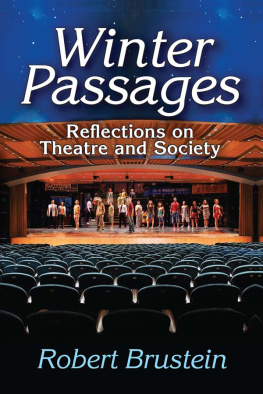
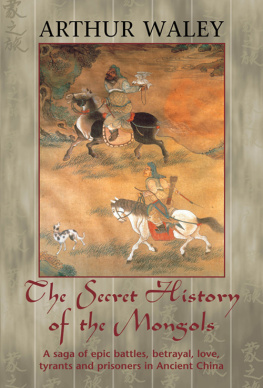
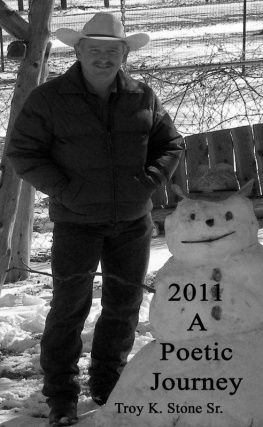
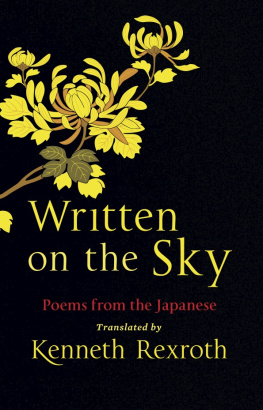

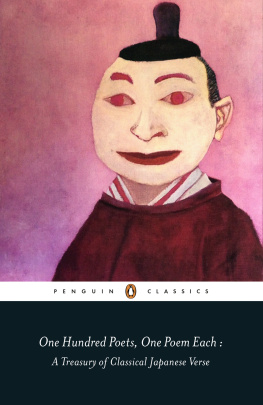
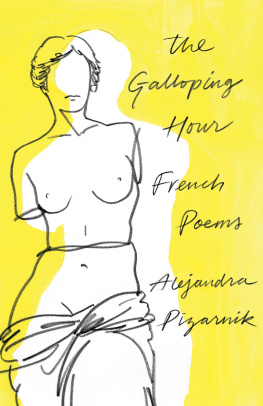
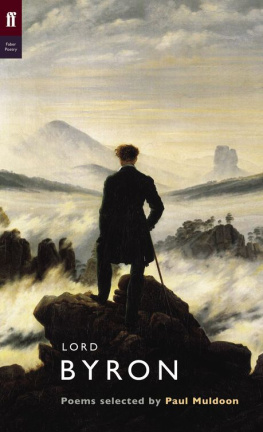

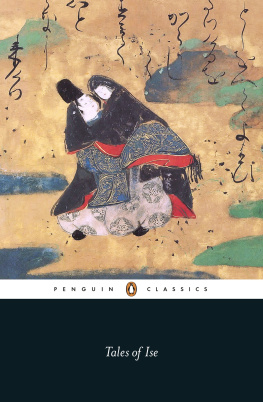
 TO ALICE BOUVERIE
TO ALICE BOUVERIE